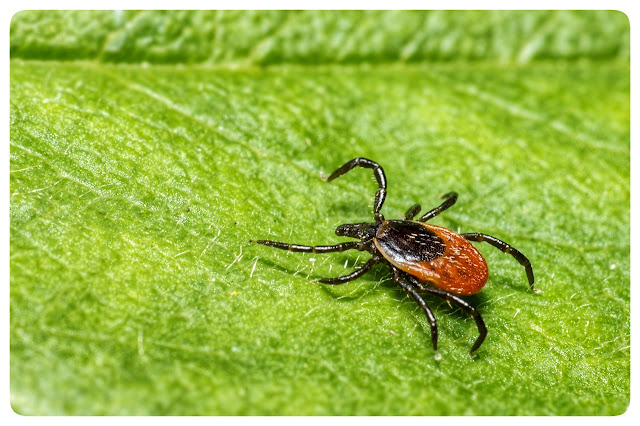In the intricate dance of agriculture, in which each element plays a important role, pests emerge as bold adversaries. These tiny invaders, starting from bugs to mites and nematodes, can wreak havoc on plants, posing a great threat to global meals security. In this blog post, we delve into the reasons why pests are dangerous to crops and discover the profound impact they are able to have on agricultural ecosystems.
I. Feeding Frenzy :
At the forefront of the warfare between pests and crops lies the difficulty of feeding. Many pests have a voracious urge for food for various plant tissues, such as leaves, stems, roots, and culmination. This relentless feeding reasons physical damage to the plant, impeding its boom and compromising its potential to perform essential functions like photosynthesis.
II. Silent Spread of Disease :
Pests aren't just content material with devouring crops; some additionally act as vectors for debilitating plant diseases. Through their actions, pests can bring pathogens including bacteria, viruses, and fungi, transmitting them from one plant to some other. The end result is the rapid dissemination of diseases that may decimate whole plants, leading to full-size losses for farmers.
III. Resource Rivalry :
In the continuing conflict for survival, pests and crops vie for the same important resources – water, nutrients, and daylight. The presence of pests creates an surroundings of fierce competition, where crops warfare to attain the sustenance they need. This aid competition can stunt the boom of plants, reducing yields and jeopardizing normal agricultural productivity.
IV. Stress Induction :
Pests are not just opportunistic feeders; they may be pressure inducers. The act of feeding induces stress in flowers, weakening their protection mechanisms. This makes plants extra vulnerable to other environmental stressors, together with drought or excessive temperatures, amplifying the challenges confronted by farmers.
V. Quality Quandary :
Beyond the sheer discount in quantity, pests can also compromise the fine of harvested produce. Cosmetic harm inflicted by using pests can render vegetation visually unappealing to customers, affecting marketability and diminishing the economic value of the harvest.
VI. Population Explosions :
The reproductive prowess of pests is a pressure to be reckoned with. Under favorable conditions, pest populations can explode exponentially, leading to huge devastation if now not addressed promptly. Early detection and intervention are crucial to preventing pest outbreaks and minimizing their effect on vegetation.
VII. Chemical Conundrum :
In the hunt to fight pests, farmers often motel to pesticides. While these chemical compounds can correctly manipulate pests, they arrive with their personal set of challenges. Residues left on crops can affect food safety, and the significant use of insecticides increases concerns approximately environmental sustainability and human health.
VIII. Ecological Echoes :
The conflict in opposition to pests isn't constrained to the fields; it extends to the wider ecological landscape. Intensive pest manipulate measures, including the use of extensive-spectrum insecticides, can inadvertently harm non-target organisms, disrupting the sensitive balance of biodiversity in agricultural ecosystems.
Summary :
As we navigate the complicated web of agriculture, expertise the motives why pests are dangerous to vegetation will become paramount. The problematic interplay among pests and crops underscores the want for sustainable and included pest management practices. By adopting tactics that combine cultural, organic, and chemical control strategies, we will mitigate the effect of pests and domesticate a resilient and sustainable agricultural destiny.






No comments:
Post a Comment